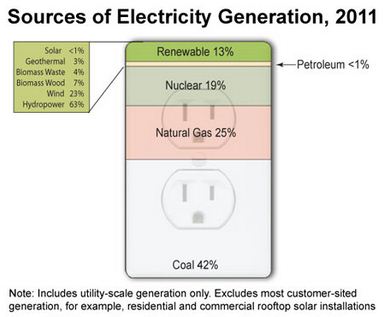Automobile Choices
SEARCH BLOG: AUTOMOBILES
We have been planning to purchase a new automobile. The process has taken a little longer than we planned because we have had to decide what is most important to us. The government would assume it is miles-per-gallon. True, mileage efficiency is an important consideration, but hardly the only one.
Let's say we get a vehicle that averages 22 mpg and we go 15,000 a year and gasoline averages $3.50. Our fuel cost is roughly $2,400. If we select a vehicle that averages 25 mpg our fuel cost is reduced to about $2,100. That's $300 per year or about 85 extra gallons for the money.We checked out two models that matched those descriptions and found that the insurance costs for the higher mileage vehicle was $200 per year more than the lower mileage one. It seems that occupant safety has a bearing on insurance premiums and the larger vehicle was considered safer by the insurance company.
That reduced our savings with the higher mileage car to $100 per year... or less than 30 gallons... two fill-ups.Then we considered the monthly payments which differed by about $100 per month or $1,200 per year for the higher trim models as normally configured. However, we discovered that so many features that were standard on the higher-priced vehicle were optional on the lower-priced one that to make them almost equivalent made the monthly price difference negligible... the higher-priced one had some features that were not necessarily available on the lower-priced one.
The real kicker was that the incentives on the higher priced vehicle were substantially greater than the lower-priced one which pretty much sealed the deal.Our intention was to buy the vehicle, but we decided to lease it instead. We read that in a couple of years, there will be a new engine available that is supposed to increase mileage by 20%... or about 4 mpg. Plus there will be a whole new vehicle design. Perhaps we will buy then.
I wrote to the manufacturer to suggest that they make available their European diesel engines for this vehicle. That would really entice me to buy the car... a Taurus... [18/28 new EPA]So, we are off to pick up our newly-leased Taurus Limited... with its very nice ergonomics, safety and standard features... including, I guess, the kitchen Sync.
My wife is still grumbling about the colors offered...






